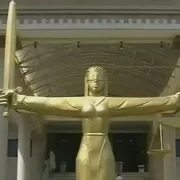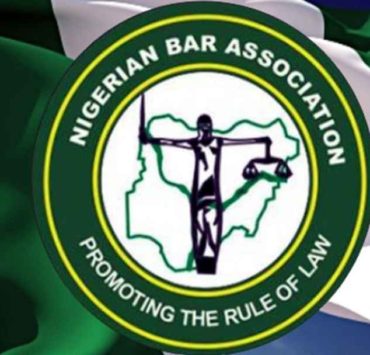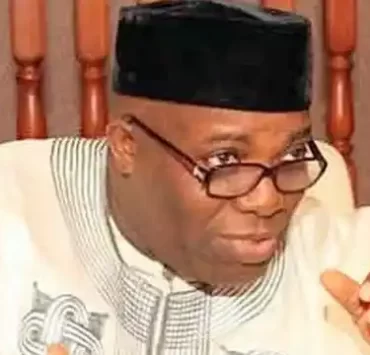Supreme Court Reinstates Youth Party As Registered Party

Lawyard is a legal media and services platform that provides…
The Supreme Court has affirmed the judgement of the Court of Appeal which declared the de-registration of the Youth Party (YP) by the Independent National Electoral Commission (INEC) as illegal, null and void.
The apex court in an unanimous judgement dismissed the appeal filed by INEC and held that the Youth Party is a registered political party, eligible to participate in the 2023 elections.
The justices of the Supreme Court, led by Justice Uwani Musa Abba Aji declared that the purported de-registration of the party which was upheld by Justice Inyang Ekwo of the Federal High Court and the Court of Appeal was illegal, null and void.
The party had through its lawyers, Chief Bolaji Ayorinde, (SAN) leading, Chukwudi Adiukwu, and Wale Irokosu, urged the apex court to dismiss the appeal and uphold the judgement of the lower court.
The judgement at the lower courts was based on the INEC’s persistent disregard for the law and judicial decisions in failing to register the Party within the time stipulated in the law and preventing it from participating in elections illegally.
INEC had failed to register the Party after it got a judgement against it in FHC/ABJ/CS/221/2017 between Chukwudi Adiukwu & Ors V. INEC delivered on 18th October 2017 until 14th August 2018, less than 5 days before the commencement of Party primaries in 2018.
Besides, the electoral umpire also resorted to illegal self-help by illegally de-registering Youth Party while both parties were before the Federal High Court over the issue.
Furthermore, INEC is currently refusing to list the Party on its website as a registered Party or allow it to participate in any election even in the face of the aforesaid judgement, which had not been set aside or stayed.
Justice I.E. Ekwo had in his judgment held that “the Defendant is not above the law. No person or parties to an action is allowed to resort to self-help when an action is pending in Court”.
The court held that the Defendant’s power under S. 225A (b) & (c) of the 1999 Constitution(as amended) to de-register a political party does not justify the action of the defendant while the case was pending before the lower court.
The court held “The defendant must understand that the constitution is not an author of confusion. I condemn the action of the defendant as a wrong exercise of might. Therefore, the de-registration of the Plaintiff during the pendency of this action by the defendant is illegal, null and void, and liable to be set aside. Consequently, I hereby make an order setting aside the de-registration of the Plaintiff.”
Speaking on the judgement, the party said “INEC’s abuse of power and disregard for the rule of law has illegally frustrated several of our members from legitimately pursuing their aspirations. It has also cost the party an immeasurable amount of resources over the last few years. Thankfully, this illegality ends today.
“The decision of the Supreme Court also put paid to the orchestrated and incorrect media interpretation of the recent Supreme Court Case involving NUP and INEC that it had effectively deregistered Youth Party and other parties.
“It is pertinent to state that Youth Party was not a party to the case and the facts of the case were different from its case. Essentially, it cannot serve as a judicial precedent against the Youth Party as upheld by the Court of Appeal today.
“Once again, we thank the Nigerian judiciary for giving us hope that the rule of law is still sacrosanct and the judiciary is the hope of our democracy.
“We enjoin INEC to respect the constitutional rights of our members and the Nigerian electorates to freely elect their leaders by allowing the candidates of the Party for the Eti Osa 1 House of Assembly Seat in Lagos State, Tari Taylor as well as its gubernatorial candidate in Abia State, Mrs Victoria Oluchi Farley-Bradford, to participate freely in the 2023 elections.”
Lawyard is a legal media and services platform that provides enlightenment and access to legal services to members of the public (individuals and businesses) while also availing lawyers of needed information on new trends and resources in various areas of practice.













